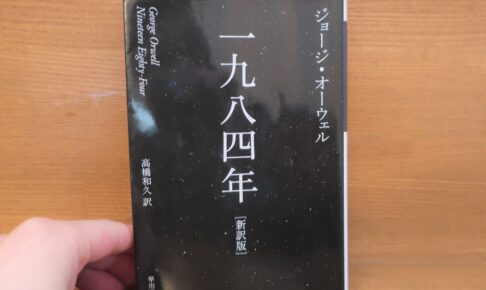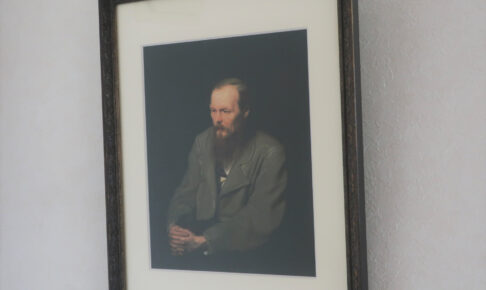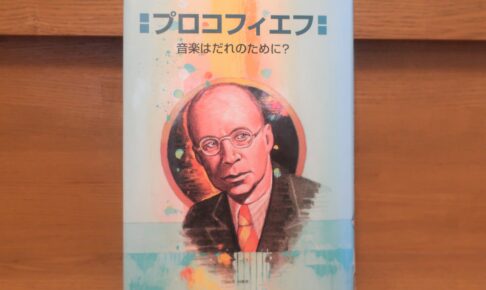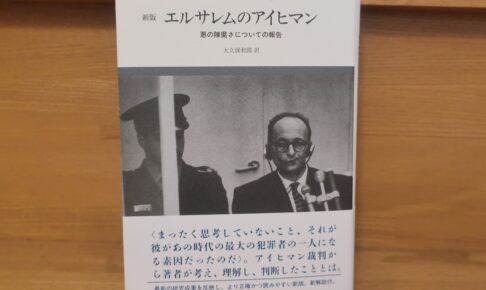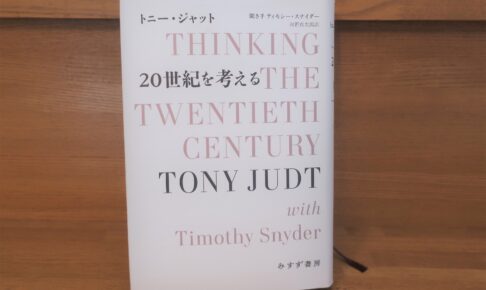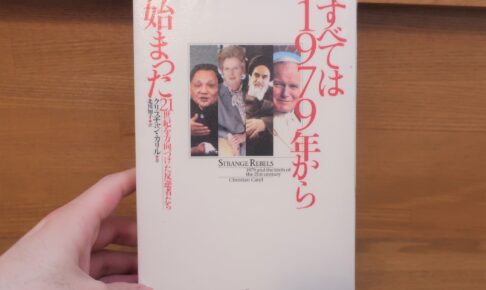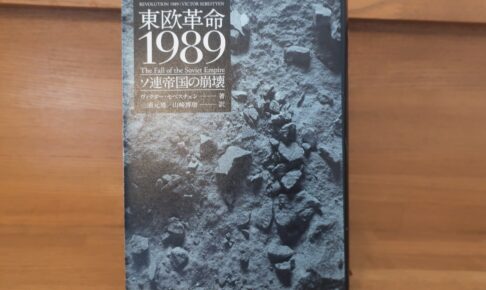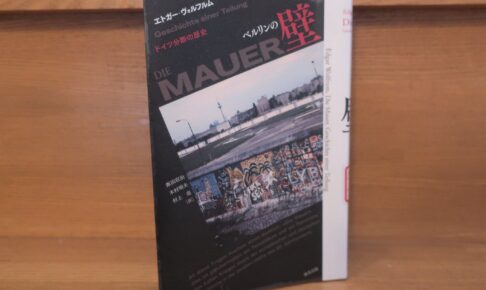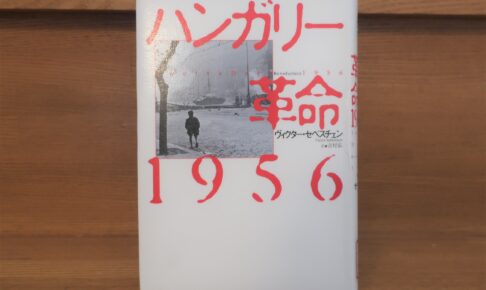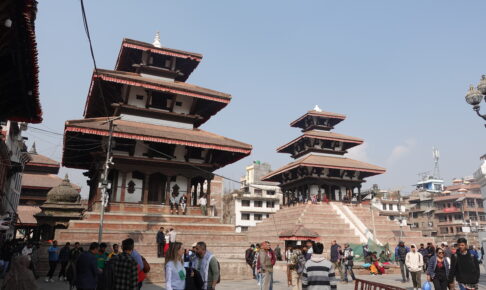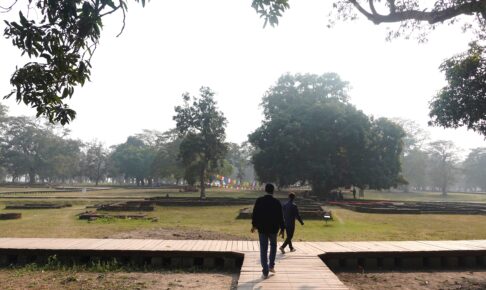Orwell's "1984" Synopsis and Impressions - How Totalitarian and Surveillance Societies Work - A Terrifying Work that Questions Our Present
1984" is a very frightening work. But it is hard to find a work as important as this one. I think it is one of the must-reads of our time.
I have been particularly fearful of the Orwellian world since the beginning of the Corona disaster. This is a terrifying work that asks the question, "What kind of world are we living in now? It is a masterpiece that we should cherish especially now!












